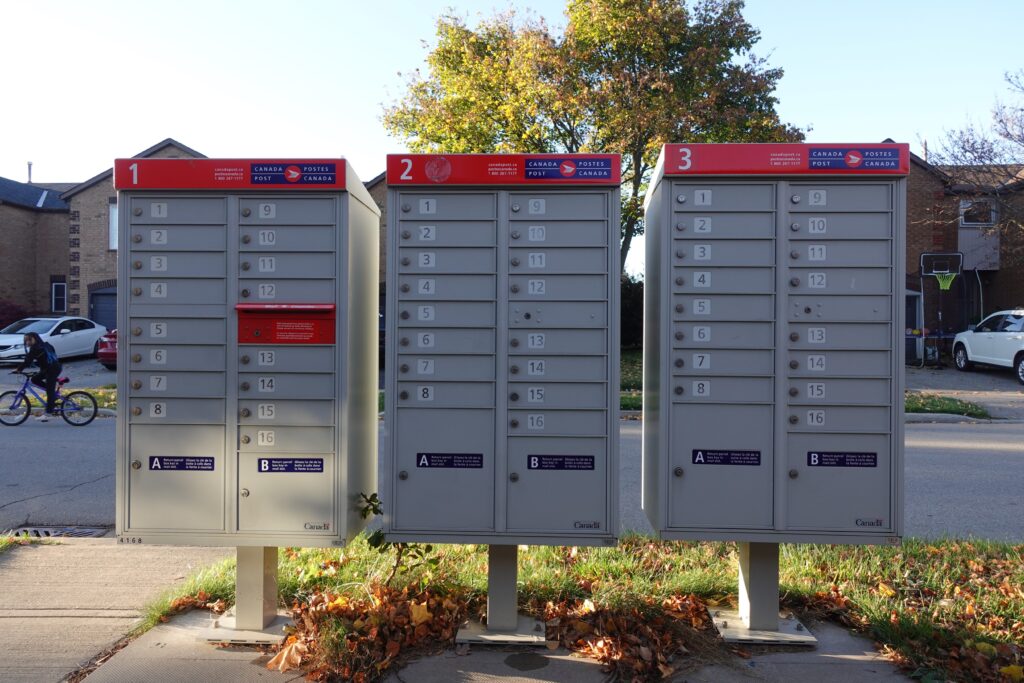
Listen to the whole story here:
Negotiations between Canada Post and the union representing its workers have come to a standstill: employees will legally be in a strike position this Friday if no agreement is reached by then.
The Canadian Union of Postal Workers (CUPW) wrote in a statement Tuesday morning that they are issuing a 72-hour strike notice to Canada Post. This is not a first for CUPW, who staged one of the largest strikes in Canadian history in 1965.
The urban operations unit and the rural and suburban mail carriers (RSMC) unit have been negotiating with Canada Post for new agreements for almost a year.
“Despite our best efforts, the parties remain far apart on many issues,” the CUPW wrote in the statement.
Some of the issues on the table include wage increases in line with inflation, paid meal and rest periods for employees working five hours or more, and increased coverage for health specialists, fertility treatment, and gender-affirming care.
“A labour disruption would affect the millions of Canadians and businesses who rely on the postal service,” the news release from Canada Post this morning said. “It is critical that both parties focus their energies on resolving issues to reach negotiated agreements.”
This strike comes at a critical point in the year as the holiday season approaches, where deliveries are in high demand by consumers.
“Something that Canada Post doesn’t talk about much is that if there is a strike even their parcel competitors could be affected,” said Joanne McNeish, a marketing management professor at Toronto Metropolitan University.
The CUPW confirms in the same statement that it intends to continue delivery services while negotiations take place, however customers may experience delays.
“Those who shop online outside of the urban core may be surprised to learn that Fedex, UPS and other parcel carriers do not like to deliver outside of the most population-dense routes,” McNeish said. “They hand off the deliveries to Canada Post. If you live in suburban or rural areas in particular, you may not get your expected delivery.”
All of this comes as Canada Post faces the highly competitive, customer-focused parcel delivery market. In the first half of 2024, the company reported a loss of $490 million, bringing its total losses to more than $3 billion since 2018.
Both small and large businesses may also be affected, as advertising during the holiday season using flyers or direct mail are sent via Canada Post.
“Consistently, paper flyers and catalogues are shown to increase return on investment for physical and e-commerce stores,” McNeish said.
Even with negotiations about job security provisions, leave entitlements and health benefits underway, Canada Post states they are “committed to protecting what’s most important to employees.”
Nicole reported for On The Record in F2024.
This article may have been created with the use of AI tools such as Google Docs, Grammarly, and/or Otter.ai for transcription.
